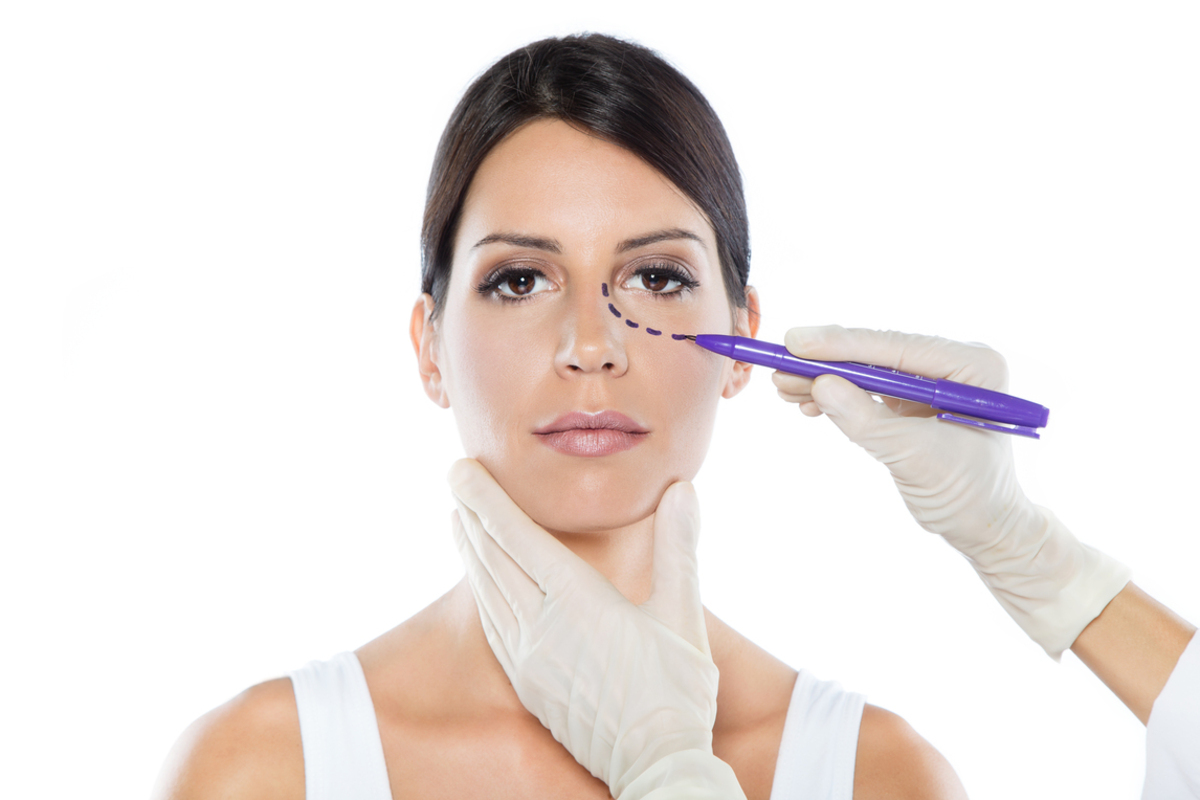Most of us have a good idea of the ways in which addictions can manifest themselves, whether because of first-hand experience, because we've seen addiction in people around us, or because we've read up on the signs of addiction. For addicts, the addictive substance or behavior plays a central role in their life. They become anxious and maybe aggressive when they don't have access to it, finding it hard to think about anything else. The addiction interferes with their life and health in a negative way, but even if they want to free themselves, they're unable to abstain for long periods of time and ultimately return to their addiction.

We've known, at least since the 1970s, that people don't just become addicted to psychoactive substances like alcohol, cocaine, heroin, or MDMA — behaviors, too, can be addictive, though exactly which ones qualify is still up for debate. Behavioral addictions broadly acknowledged in the scientific community, even if they're not official diagnostic categories, include addictions to gambling, shopping, exercise, sex, and even sun tanning.
Can plastic surgery become addictive?
To really understand whether something makes up an addiction, we have to look at what motivates the person to engage in this behavior, and what the behavior means to them. Not all problem drinkers are alcoholics, for instance — many can, actually, stop drinking quite easily. Not everyone who works a lot is a workaholic — some simply need the money that comes with working long hours. Addiction is a chronic and often progressive disease of, as the American Society of Addiction Medicine says, "brain reward, motivation, memory and related circuitry". Addiction hijacks the brain, if you will.
Not that many scientific studies have researched plastic surgery as a potential addiction, but some have tackled the topic over the years. One describes how it can progress. A young woman starts off with a nose job, because she didn't like the way her nose looked. Some will leave it at that and never look back. She, however, goes on to have a facelift in her early twenties — when nobody really "needs" one — and then clocks up seven surgeries over a span of five years.
She's come to see her body as something that can be modified to perfection through surgery. In true addict fashion, this obsession takes over her life. She gradually slides into a deep debt to pay for the operations and became alienated from her loved ones, but continued to seek more and more plastic surgery.
Repeated plastic surgery: addiction isn't the only possible culprit
There are also, of course, situations in which people end up having numerous cosmetic surgeries not because they are addicted, but because it is culturally acceptable and even expected in their culture. A brief look at South Korea demonstrates this. Then, there's folks who undergo plastic surgery strictly for career reasons.
The ways in which this manifest don't have to be as radical as repeated plastic surgery; some people will engage in excessive exercise to achieve a particular look, or focus their efforts on makeup, or change their clothes five times a day. But some people with body dysmorphic disorder do seek out plastic surgeries, and from the outside, this can look an awful lot like a cosmetic surgery addiction.
Were such a person to end up in a psychologist's chair, however, they wouldn't be diagnosed with a plastic surgery addiction, but with body dysmorphic disorder. Every diagnosis listed in the diagnostic and statistical manual of mental disorders comes with a clause — to get that diagnosis, the symptoms shouldn't better be explained by another mental disorder. This matters, because even though symptoms can overlap, treatments may vary radically. The treatment for someone with body dysmorphic disorder isn't to go cold turkey and spend time in rehab, but to attend cognitive behavioral therapy and to take antidepressants.
The case study the authors of the paper about plastic surgery addiction mentioned looks a lot like addiction from the outside, but it's quite likely this woman, too, would have been diagnosed with body dysmorphic disorder.
A final word
- Photo courtesy of SteadyHealth


Your thoughts on this